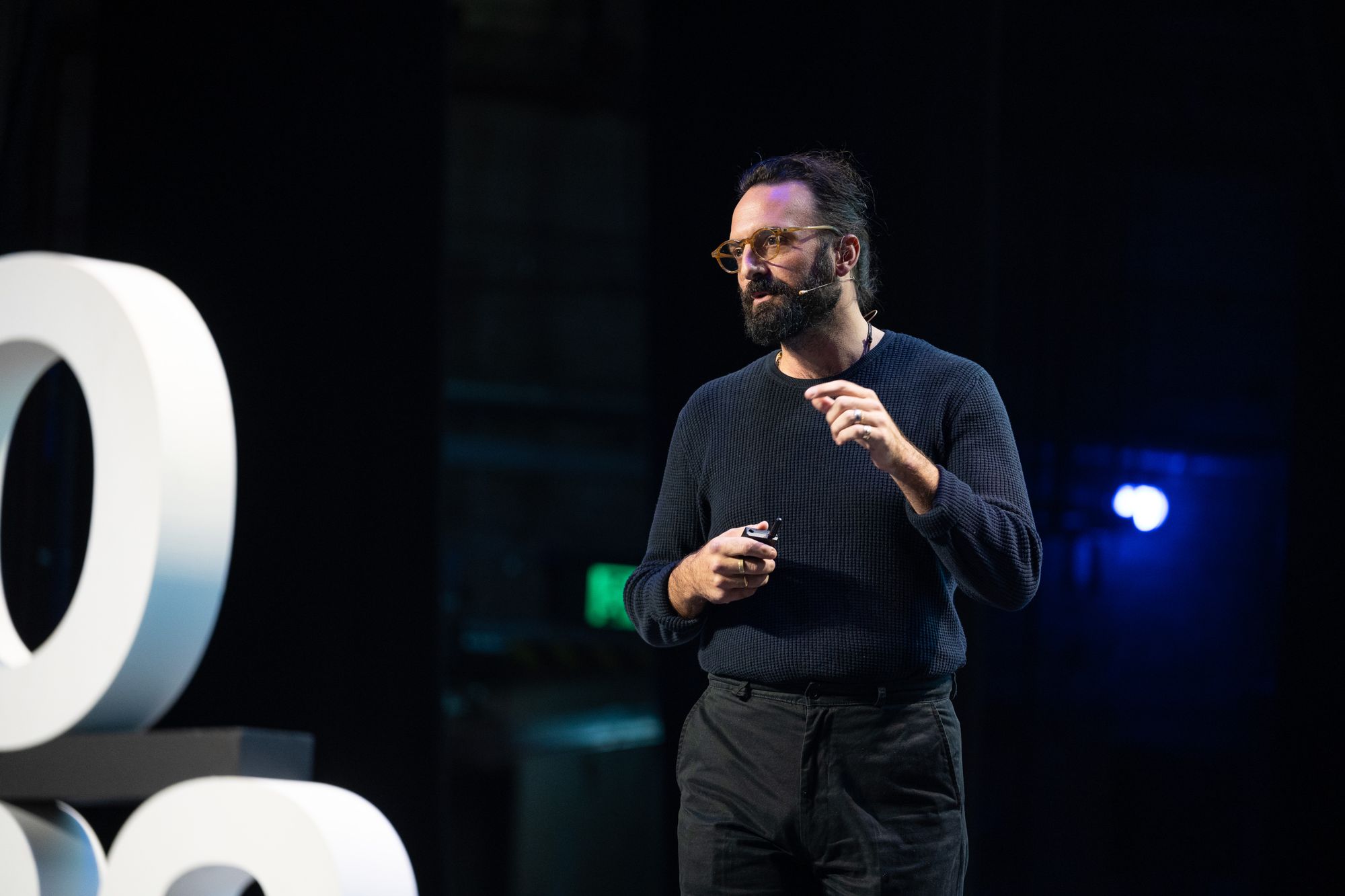Michael Ventura launched his first company aged twenty-three – straight out of college with the digital agency, ShortLabs. With no one to learn from, he taught himself – through headstrong determination and for the love of it all. Mistakes were made, lessons were gained, and that was his (not so) formal training. Those early days equipped him with the tools to do everything he’s achieved since.
Now, he’s writing books, leading Ted Talks and travelling the world, having launched, run and built six companies as Creative Director and CEO – like Sub Rosa, the award winning agency, which he formed aged twenty-six.
We caught up to talk about the power of vulnerability. Listen better, ask good questions and make more mistakes. Become a better leader today, with Michael’s actionable tips
- Cecilia DinwoodieCongratulations on your forthcoming book, Prioritising Purpose. What can you tell us about it?
Michael VenturaEmployees, more than ever, are voting with their feet. Meaning, if they don't find an organisation that has a meaningful sense of purpose that resonates with them, they're going to leave and go someplace else. There was a great McKinsey study last year that found that 70% of employees are now this way aligned – and that number is even higher for millennials and Gen Z. The organisations that continue to lose good talent are going to have to change or suffer. If they want to stay in business, they're going to need to employ good people – and if they have to change in order to attract those people, you can bet they will. Prioritising Purpose aims to help employers and employees stay on track.
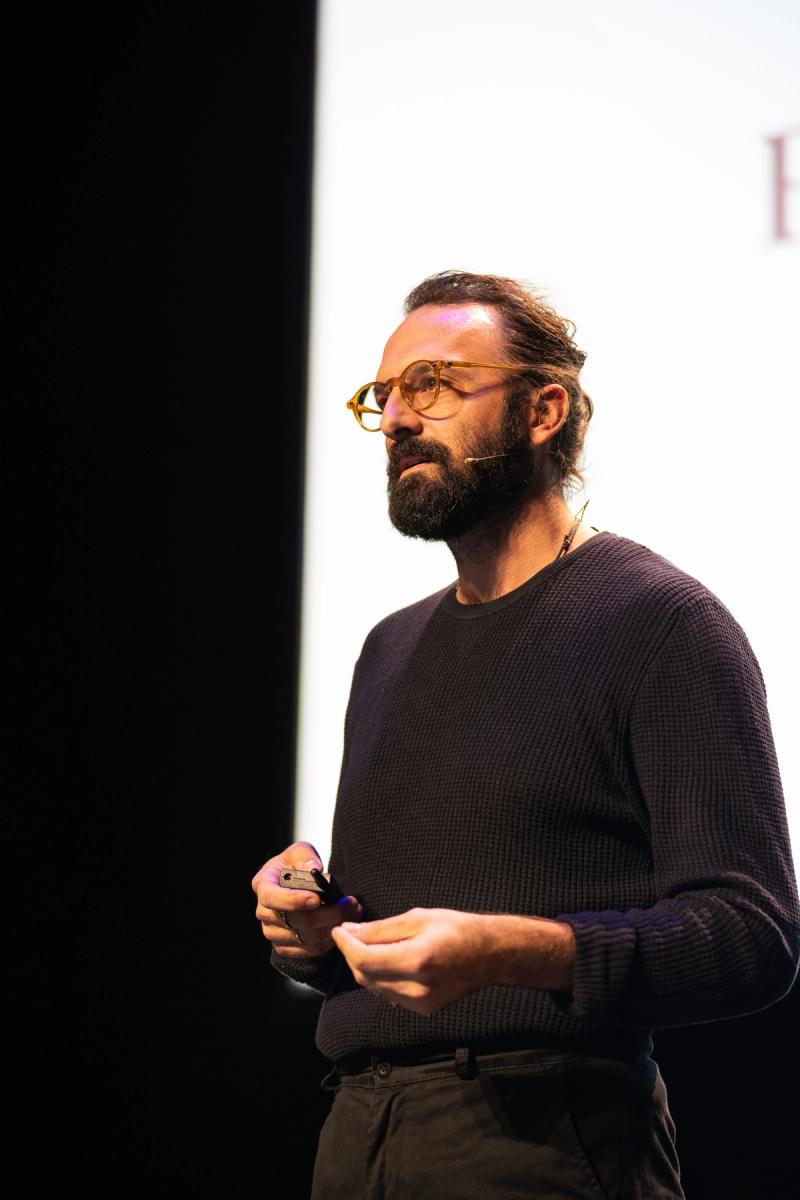

- CDWho’s the book most pointed towards, the employer or the employee?
MVIt's about 70/30 for the individual. Because, what is an organisation but a collection of individuals? And, so, if we get people aligned and thinking this way, it will naturally inform the businesses themselves.
- CDYou’ve been leading businesses since the age of 23. What’s been your greatest learning?
MVTrust is one of the most important things to build, and one of the easiest things to destroy. Also, it's inevitable that you're going to make mistakes – it's what you do after the mistake that really matters, so let yourself be vulnerable. This will show that you're not this clouded version of a leader, but someone who is human, who makes mistakes but can move through them with integrity.
“The job of a CEO is to only do for the group what the group can't do for itself.”
Michael Ventura
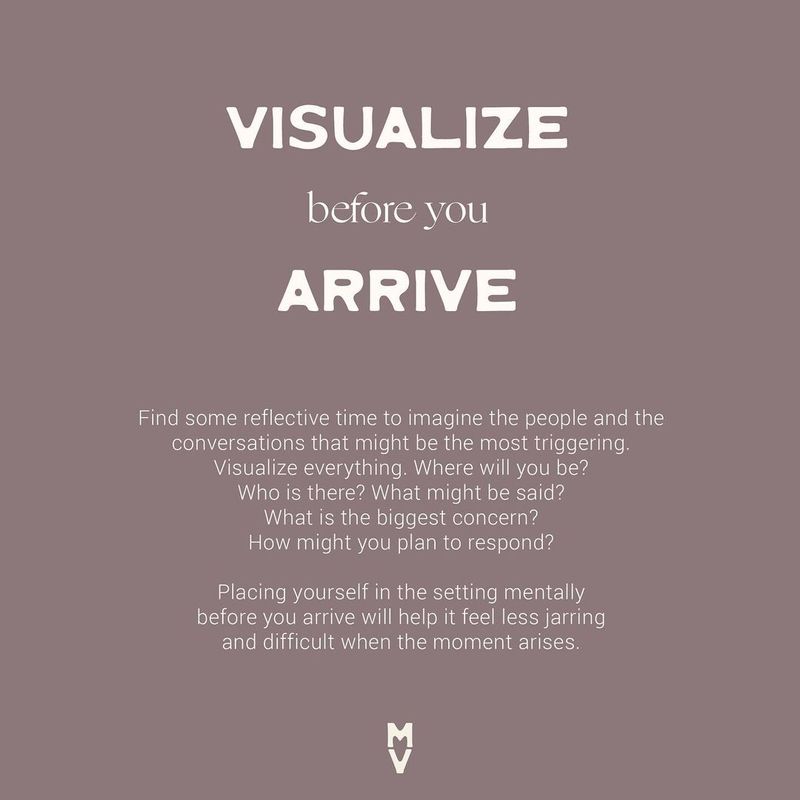
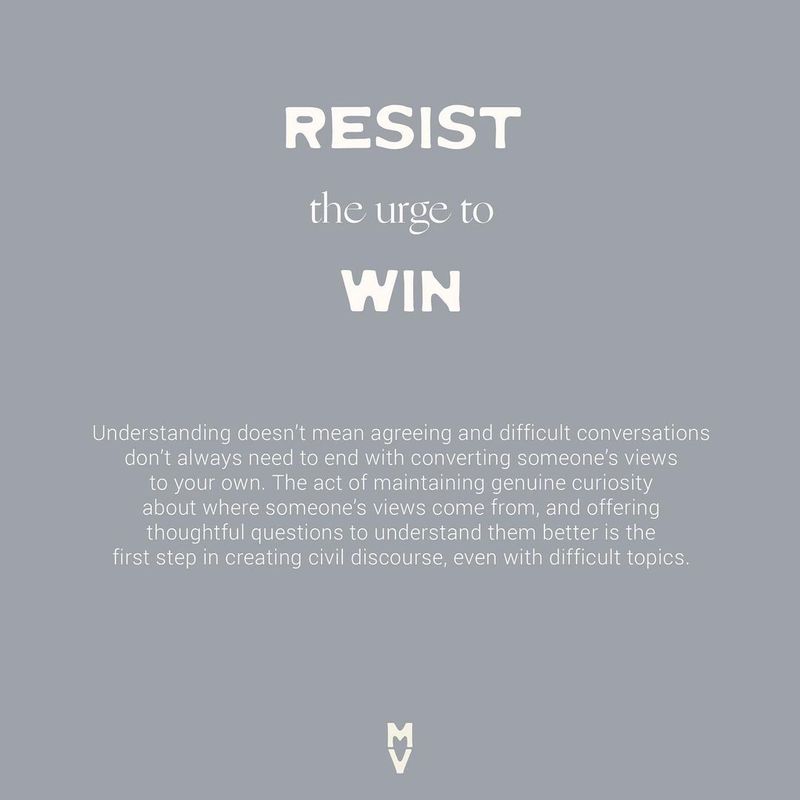
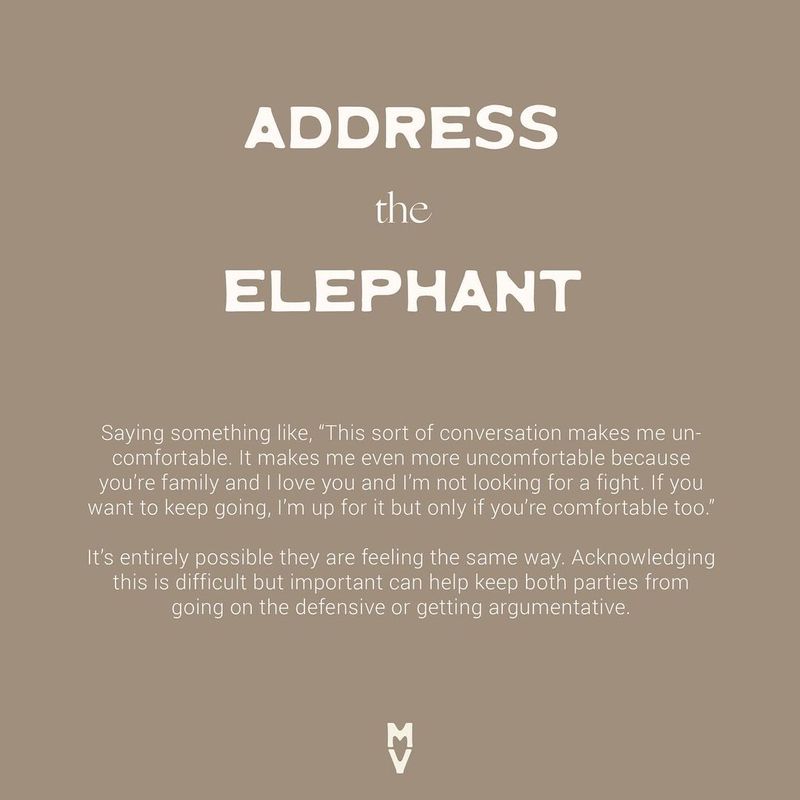
- CDHow do you help your team grow?
MVSometimes what a leader needs to do is let others lead. The job of a CEO is to only do for the group what the group can't do for itself. So often, leaders try to take on everything and heroically charge through the finish line – but, if you give people the right tools, space and encouragement, they'll get you there. And, if they get it wrong, they'll recover.
- CDHow do you keep a good relationship with each team member?
MVThere's not a ‘one size fits all’ leadership style, so you need to know how to adjust for each person. The way I've led some people on my teams has been very different from the way I've led others, because that's what they’ve needed. So, you have to understand what makes them tick, what their goals are, what they're afraid of and how you can support them on their journey. I want to know where you’re coming from and what made you who you are – in good ways and bad, without judgement.
- CDAre there any actionable steps that we can take to immediately become better team players?
MVI think the first is being an exceptional listener. Usually, we’re only listening with a fraction of our awareness – but signalling your presence to the other person is a trust building behaviour. It's something that lets them know you're investing in them – because, when someone's paying attention to you and really listening, you share more and you feel more comfortable with them – you can sense they actually care.
“There's not a ‘one size fits all’ leadership style, so you need to know how to adjust for each person.”
Michael Ventura
- CDAnd that comes down to asking the right questions too.
MVAbsolutely. Something I often suggest, particularly when joining Zoom calls, is to twist the way you ask those more stereotypical questions when dialling in. So, for example, instead of asking someone, “How are you today?” Try asking “What’s it like to be you today?” It’s the same question, but I guarantee you, it will get a more interesting answer. It goes to a different place in your brain and it hits your ears in a different way, so you’ll have to really think about how you answer it. And it shows that the person asking it cares.
- CDHave you always been deeply empathic?
MVI’ve always been aware of other people's experiences and how they feel – but we all have the capacity to practise empathy, it’s a human trait. Ever since we scratched images on cave walls, we've wanted to understand and be understood. No one in the world would say, “I want to be understood less.” And, so, by virtue of that, it's in all of us.
- CDAnd, so, for those who are less right brain leaning, can empathy be learned? To what degree?
MVIt’s a muscle you train, not a gift you have or don't have. And, so, the way you train it is by practising it. There's no secret recipe, other than to be present. Be curious, be generous, ask good questions, be willing to take on information and adjust accordingly. Do that once and it will feel foreign, perhaps a little uncomfortable. Do it one-hundred times, and it just starts to be the way you are. You've got to reawaken that atrophied muscle sometimes.
“Ever since we scratched images on cave walls, we've wanted to understand and be understood.”
Michael Ventura
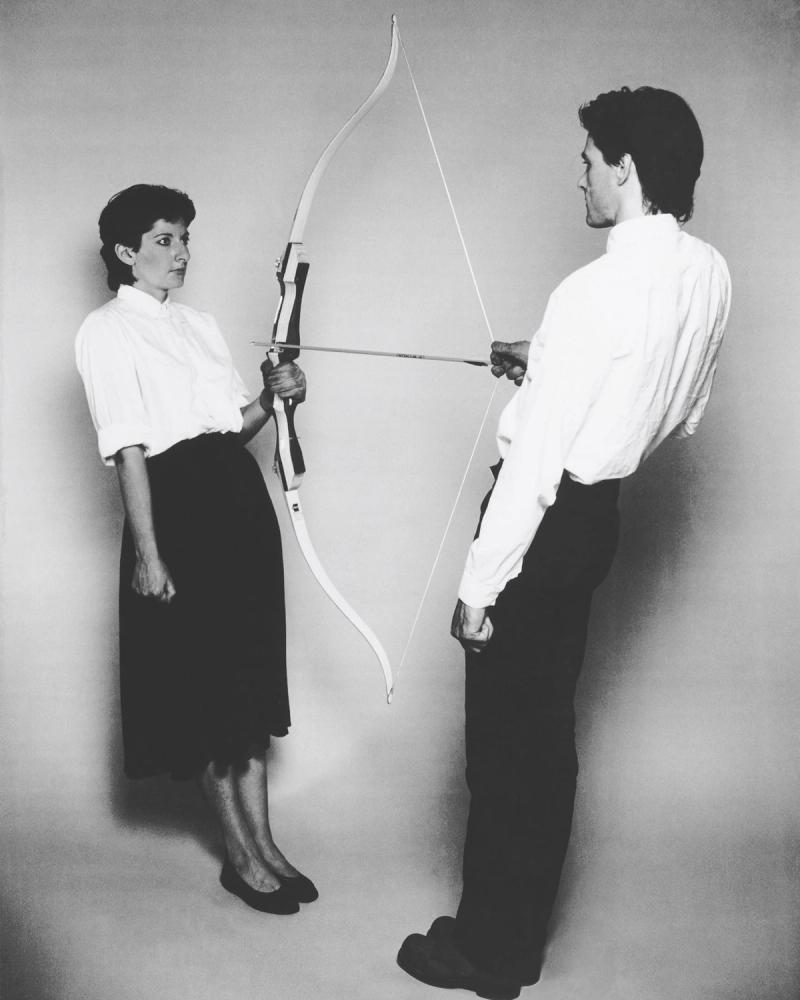
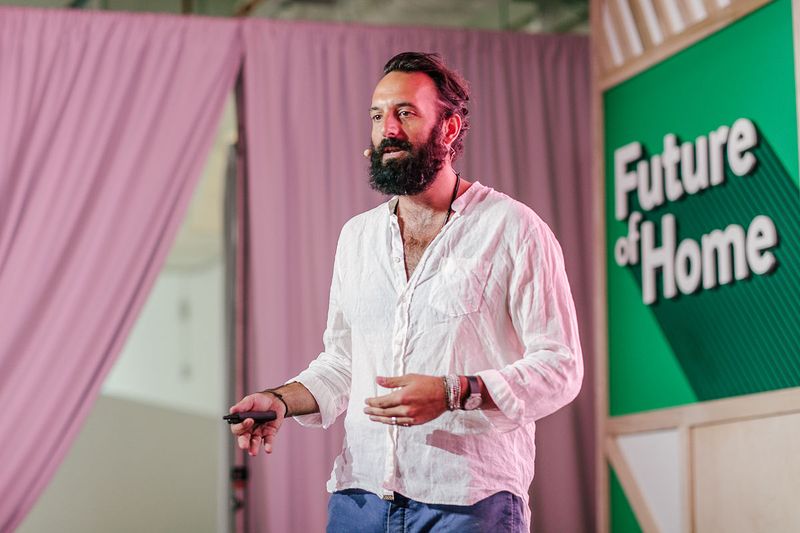
- CDWhat’s the difference between lazy empathy and cognitive empathy?
MVLazy empathy is that internal monologue of, “Well, what would I want if I were in your shoes?” But the problem with that is, when we practise lazy empathy, we sometimes get things wrong, because not everyone wants to be consoled – sometimes we’d rather be left alone. So, the harder but better thing to do is to practise cognitive empathy, which requires you to do three things that most people don't like doing. First, is to admit you don't know the answer to something. Second is to find out the answer by asking questions. And then the third thing is to change your behaviour based on that new learnt information. For example, if you see that someone’s upset, instead of practising lazy empathy, you would say, “It doesn't seem like you're okay right now. Is there anything I can do, how can I help?” And then act accordingly.
- CDIs empathy the secret key ingredient for companies aspiring for success?
MVI think so. There's no successful company that doesn't have some degree of empathy embedded in their culture. But empathy isn’t just about compassion – it’s about being able to understand and evaluate different perspectives. For example, investment banks may not have a lot of empathy in a traditional sense, but they do have empathy – they have a deep understanding. A very capable investor will know how to evaluate trends, people's behaviours, government policies, the market and how this might impact GDPs. It’s vital.
